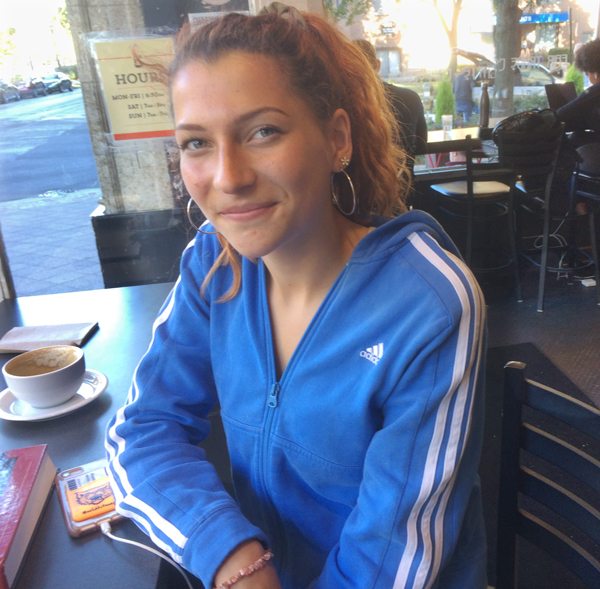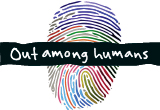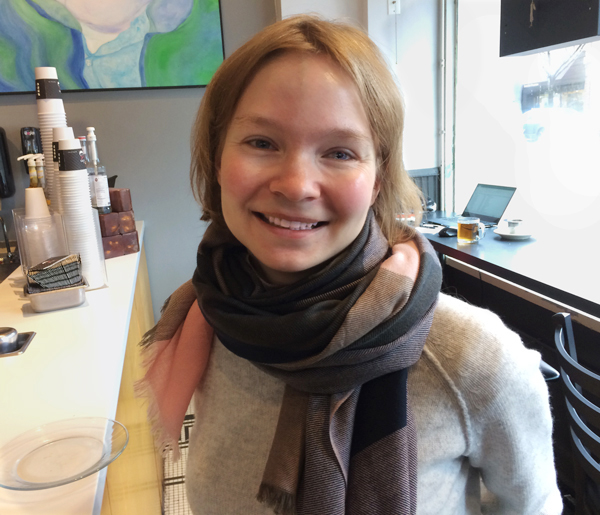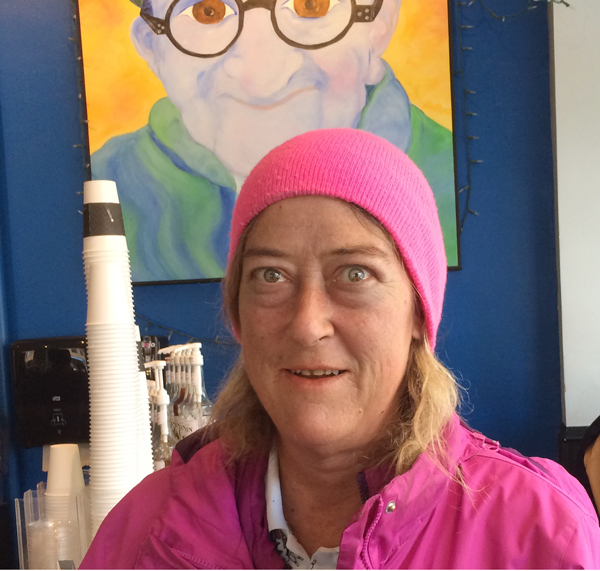Rachel Krumholz, Printers’s Devil
 This kid, a kid you’ve never met before, shows up at the coffee shop. She takes the stool next to you and wants to know what you’re doing. She’s genuinely interested.
This kid, a kid you’ve never met before, shows up at the coffee shop. She takes the stool next to you and wants to know what you’re doing. She’s genuinely interested.
You’re struck by her curiosity.
“I’ve always been a writer,” she tells you. That explains things a bit.
At one point she imagined a future as a makeup artist but that was before she walked into Room S105 where her high school’s newspaper is produced.
She immediately wanted in.
“Democracy can’t function when there are untold stories.” the young printer’s devil explains.
She’s currently writing about her school which is a mix of urban and suburban, poverty and wealth, a jumble of religions and languages. Her question is why students cluster in a self-imposed segregation.
Last year she caught the attention of the powers-that-be when writing about sexual assault — they hoped she would tone it down. Her stats were challenged by a few students who tore up their copies in protest.
“I don’t mind being controversial.” she admits.
She wrote about a district-wide dress code that got tangled up in race and gender; and about teenage use of marijuana for medical purposes (with and without a prescription).
On one of her early assignments someone grabbed the wrong photo of a classmate attending a testy, essentially whites-only country music festival. It was a painful mistake. “We can’t pat ourselves on the back.”
The sixteen-year-old who recently got a driver’s license, juggles advanced-placement work plus soccer and the newspaper. She allows herself a minor meltdown now and then and sorely misses having time to read for pleasure.
If you’re one of those people who disagree with the cost, or the very idea of public education, you should have a cup of the house blend with a kid like Rachel Krumholz.
Rachel is your tax dollars at work.
It’s too early to tell but it’s possible that cutting through fake news and alternate facts will be Rachel’s way to provide a return on our investment. ![]()


